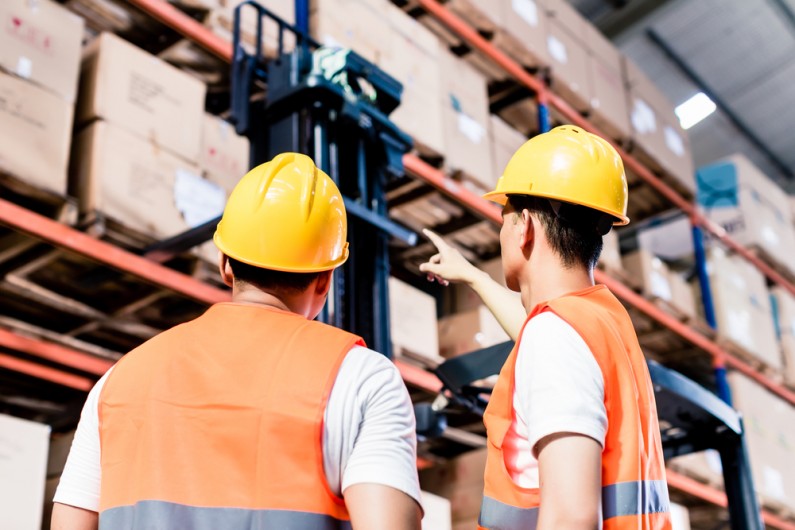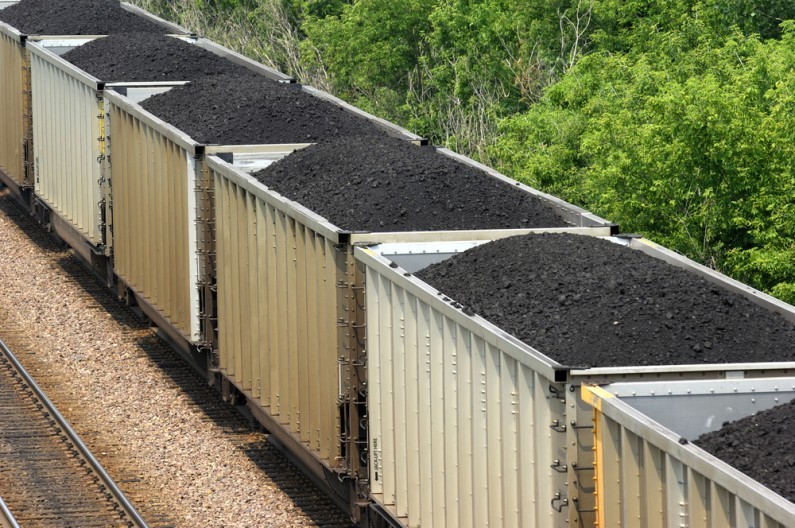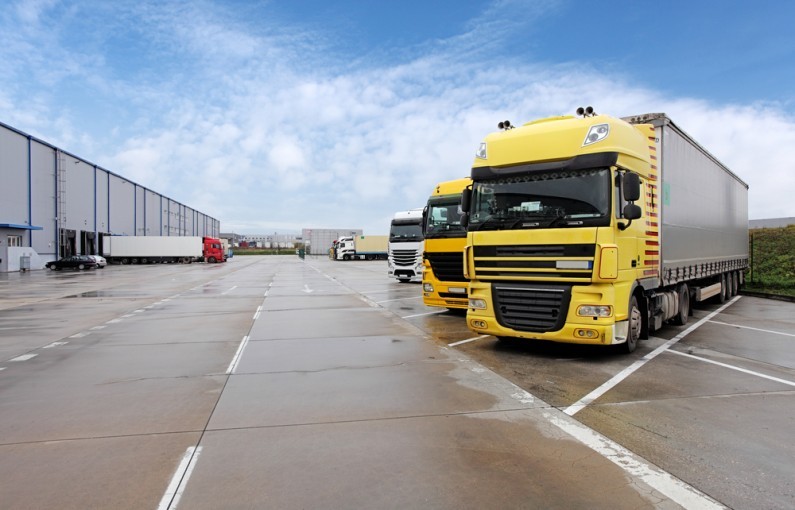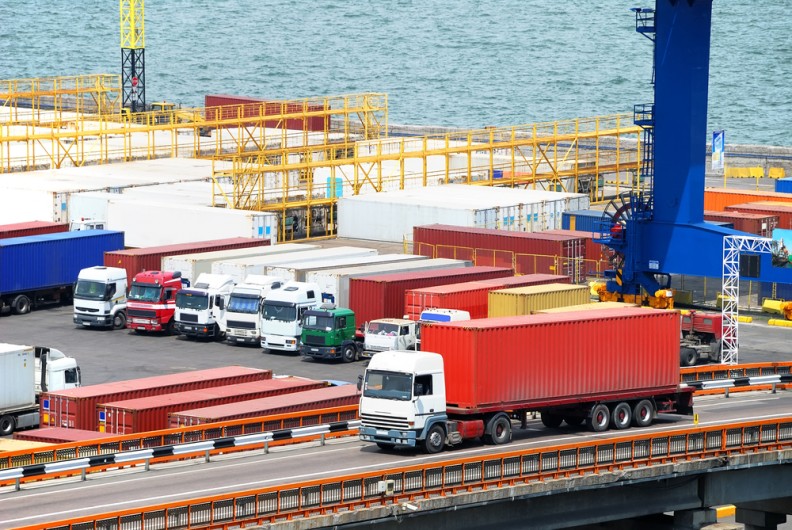Brexit: implications for rail, haulage, aviation and ports
It has now been over a month since the UK voted for Brexit and many business that operate in the UK transport and logistics sector may still be thinking about how Brexit may impact them.
In general, there is a balance between the common perceived benefits of EU membership (such as the single market for transport services which has brought down costs through liberalisation and competition) and the burdens (such as excessive and disproportionate regulation). A common question is how much Brexit will impact on the standards and regulations that the UK chooses to apply in the transport and logistics sector.
The likelihood is that, as the UK played a leading role in establishing those standards at a European level in the first instance, the post-Brexit landscape may not look vastly different to how it looks now. In this article we consider the potential challenges and opportunities for the UK transport and logistics sector following a Brexit vote.
We look at the impact on rail freight, haulage, aviation and ports.
The impact of Brexit on rail freight
Investment
One of the key areas to consider following a vote to Brexit, from a rail point of view, is the government’s commitment to delivering on national infrastructure projects. As the sector is arguably the linchpin of the British economy, investing in strategic transport links is critical to our long-term economic growth. Earlier in the year the government committed to significant additional capital funding for UK rail networks.
But despite the years of planning and business lobbying, there are now concerns that the government may back away from its major transport projects in the wake of a vote to leave the European Union. The new Transport Secretary, Chris Grayling, has already reaffirmed his commitment to the high-speed HS2 rail project.
Whether or not the delivery of the multi-billion pound HS2 and HS3 schemes will go ahead no one really knows, but it is promising that the new Transport Secretary has given an early indication that HS2 will. The government had of course hoped to secure some EU funding for the project in the future, which is now highly unlikely to materialise. It will be interesting to see what happens in the 2016 Autumn Statement spending review, for rail projects, other infrastructure projects such as the third runway at Heathrow and the Northern Powerhouse.
Regulation
Depending on the terms the UK is able to negotiate post-exit, the UK Rail industry may move on from some of the European regulatory structures over coming years. For example, as large parts of the British railway system is owned by EU-based businesses, EU-based procurement laws may drop out of the picture. This may allow the UK government to award rail services and train building contracts to British-based companies.
In the short to medium term, it is unlikely that the rail industry will see any major regulatory changes, although one side effect could be a rise in regulated rail fares if Brexit leads to an upturn in inflation.
The impact of Brexit on haulage
There are potentially a lot of uncertainties for UK haulage as a result of Brexit, in terms of employment, drivers’ hours, access to markets and border controls.
Costs
As oil is sold around the world in US dollars, a weakening of the pound could have significant impacts on fuel costs. For hauliers, using vast amounts of fuel is unavoidable. Although fuel costs have been steadily creeping higher since hitting a 13-year low earlier in the year, there has not been a predicted sharp rise in the cost of fuel following the UK’s Brexit vote.
Fuel duty increases have been in the Treasury’s sights before and could now be again in the 2016 Autumn Statement. Fuel duty will have been frozen for 6 years at its current rate at the end of 2016/17.
Skills
One of the biggest impacts for hauliers following the UK’s decision to leave the EU could be on recruitment. A key threat to businesses in the road transport industry is that the UK is simply not attracting enough drivers.
This has been impacting the haulage industry for some time. As well as dealing with an aging workforce, following a vote to leave the EU, there may also be fewer drivers from the EU available to work for UK-based haulage businesses. Labour mobility issues are going to be at the forefront of many haulage business owners’ minds over the coming months and years. This is something that must be prioritised when post-Brexit negotiations begin.
Regulation
An exit from the European Union could lead to a reduction in legislative burden for UK hauliers and level the playing field against foreign hauliers. When the UK formally leaves the European Union, the UK government may have the freedom to implement stricter rules regarding the use of UK roads by EU hauliers. For example, the government could increase the HGV road user levy charge for EU hauliers (which was introduced in 2014), or it could remove the charge for UK Hauliers. It is worth noting, however, that this could see EU countries set a reciprocal charge for UK hauliers operating abroad.
The Driver CPC, which continues to divide opinions within the sector, could remain following Brexit as it covered by the European Agreement Concerning the Work of Crews of Vehicles Engaged in International Road Transport (AETR) – the set of rules that many non-EU countries have adopted and the UK is a signatory to. Brexit will, however, give the UK an opportunity to reform Driver CPC obligations and update the qualification.
In the short to medium term, it is unlikely that the road transport industry will see any major regulatory changes.
The impact of Brexit on aviation
Passenger rights and compensation
Air carrier liability under the Montreal Convention for death or bodily injury and lost/damaged luggage would be unaffected, as the UK is a signatory to this agreement in their own right.
EU legislation dating from 2004 has led to an increased awareness of passenger rights and a willingness by passengers to enforce those rights and claim compensation. It is possible that there may be pressure from within the sector on the post-Brexit government to overhaul the current system; however, what any new system would look like, or how it would apply to non-UK airlines and passengers, is unknown.
Airspace
Across Europe, there are plans to increase capacity, improve safety and enhance the efficiency of the air transport network via the Single European Sky (SES) project. As non-EU states (such as Norway and Switzerland) are part of this project, it is likely that the UK will remain a party to SES even post-Brexit.
Cheap flights
We have all benefited from and got used to cheap short-haul flights across Europe, which owe a large part to the liberalisation of air transport across the EU and the single aviation market. Airlines will want the UK government to negotiate continuing access to this liberalised regime post-Brexit.
As far as access to non-EU markets are concerned, long established bilateral agreements with many important markets (such as Asia and North America) were superseded by EU third party agreements. This situation will need to be revisited by a post-Brexit UK government and potentially new agreements will these important partners will need to be renegotiated.
The UK may be unwilling or unable to replicate market access arrangements for airlines post-Brexit, which could lead to an increase in passenger fares and possibly fewer flights.
The impact of Brexit on ports
UK ports are largely privately owned and competitively run, which is a very different scenario to that of many other EU member states. The UK port sector has had concerns about public subsidiaries in other EU countries, and the consequential effect on competition for a long time.
Around 90% of UK trade is handled by ports with the EU being our largest trading partner. Any changes to the costs of trade with the EU are likely to affect the volumes and patterns of freight activity at UK ports.
Potential changes on customs checks may cause considerable congestion at UK and European mainland ports. If difficulties continue at Dover and Folkstone, this may give way to a positive knock-on effect for nearby ports on the East coast of England.
In summary
The real, practical implications of the UK’s decision to leave the EU will vary from business to business.
Exiting the EU will likely bring both opportunities and challenges for transport and logistics businesses – much of this, however, will depend on the terms that the government is able to negotiate post-exit. The new government must now seek to maintain economic stability in this period of uncertainty, before exiting the EU.
In the meantime, we will continue to monitor events closely and keep up you updated on key developments.
More from our transport and logistics experts
You can find all of our latest transport and logistics sector news and newsletters here.
If you are looking for advice in a particular area, please get in touch with your usual Hawsons contact.
Alternatively, we offer all new clients a free initial meeting to have a discussion about their own personal circumstances – find out more or book your free initial meeting here. We have offices in Sheffield, Doncaster and Northampton.
Paul Wormald is a partner at Hawsons, working in the Doncaster office. He worked previously with two national firms of Chartered Accountants prior to joining Hawsons in 2001. For more information or advice on anything covered in this article, please contact Paul on pw@hawsons.co.uk or 01302 367 262.[/author_info]





